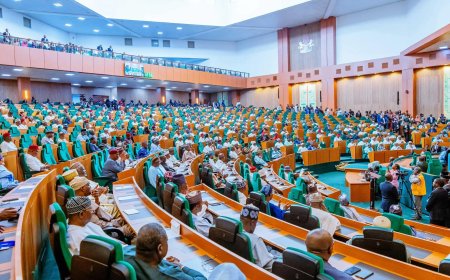E-Parliament
E-parliament initiatives can help modernise legislative processes, enhance democratic participation, and improve the overall efficiency and transparency of parliamentary work. However, careful planning, stakeholder engagement, and ongoing evaluations are essential for successful implementation.
Click here to track progress

The House will commit to the following:
1. The digitisation of parliamentary records, including bills, debates, Committee reports, and legislative archives, allow for easy and efficient access to historical data and documents. To this effect, we will ensure the conversion of all its documents, including Order Papers, Notice Papers, Votes and Proceedings, Motions, etc, into digitized versions in line with global best practices
2. Establish online portals that provide legislators and the public with up-to-date information and access to proceedings, agendas, schedules and documents.
3. Sustain live streaming and webcasting of Plenary sessions to enable citizens observe debates and discussions in real-time, fostering transparency and public participation.
4. Support the full take-off of the National Assembly Library.
5. Promote E-Committees and create digital platforms for committees to manage their work efficiently. This includes electronic submission of reports, scheduling meetings, and online collaboration among committee members.
6. Implement digital tools and platforms through online petitions, public consultations, and interactive forums that enable citizens to partiticpate in the legislative process, submit feedback, and engage with lawmakers.
7. Utilise electronic document management systems to streamline the drafting, editing, and approval of legislative documents, reducing paperwork and administrative burdens.
8. Establish an e-petition system to allow citizens submit petitions online.

































